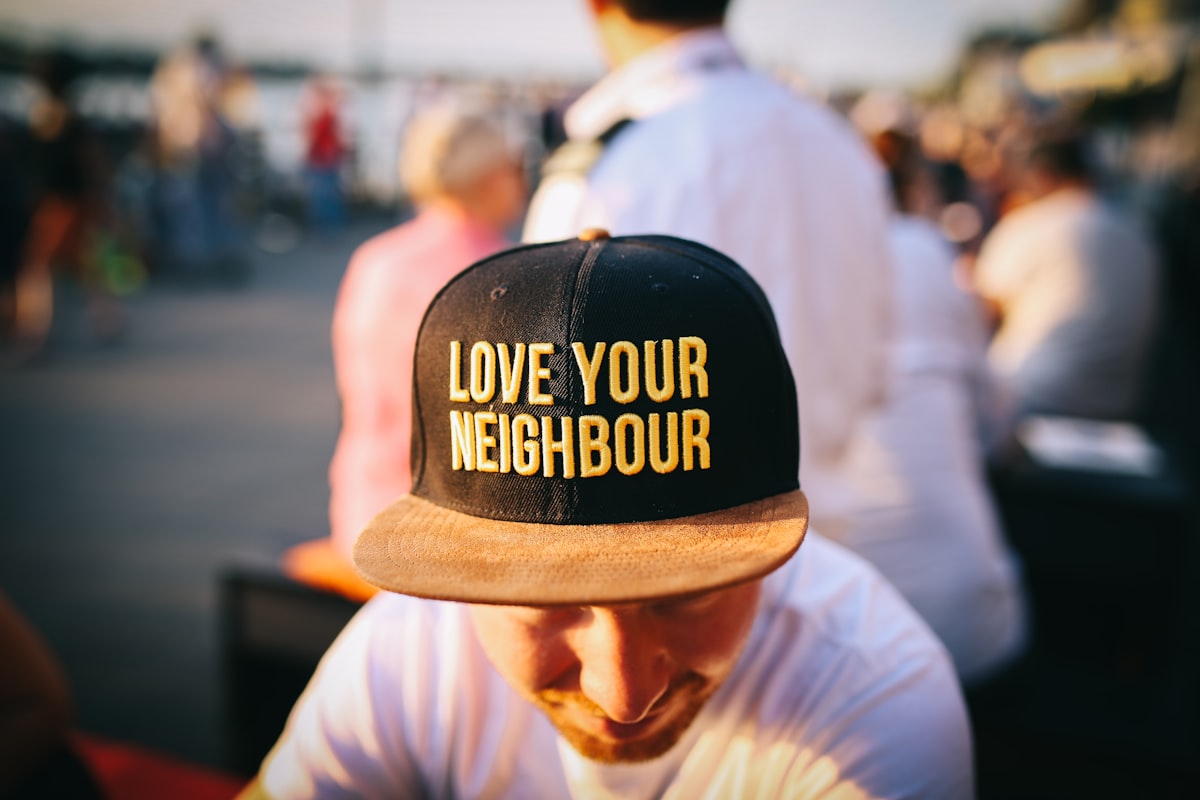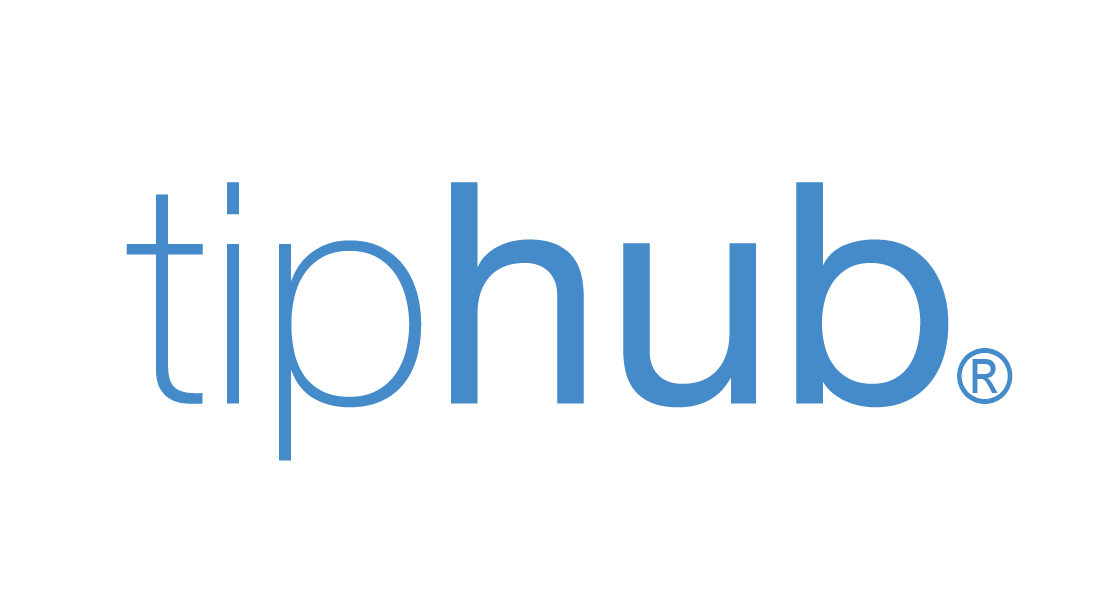On Community

When we started thinking about how we could differentiate tiphub, we kept coming back to creating an amazing community of stakeholders that would be wholly invested in each other’s outcomes. After unpacking that a little bit, we realized every firm tries to advertise community but very few firms actually understand what community really means and used it as marketing fluff.
To level set, a community is a small or large social unit that has something in common, such as norms, religion, values, or identity. Communities often share a sense of place that is situated in a given geographical area (e.g. a country, village, town, or neighborhood) or in virtual space through communication platforms.
What does it mean to have a community of investors, founders, and partners in place in a community? What does a true community look like with these stakeholders? One of the models to evaluate community is the concept of “sense of community index”. Here are four attributes:
- Membership - How does the collective community engender the following;
- Boundaries
- Emotional Safety
- A sense of belonging and identification
- Personal Investment
- A common symbol system
- Influence- people need to feel like they have some influence on the group and also that they are being influenced.
- Integration and fulfillment of needs - members need to feel like they benefit from participating in the community.
- Shared emotional connection - Shared experiences and history.
As any lean organization should, we experimented early on in our existence on what it meant to build community. We didn’t have a fancy framework to think about how to optimize or identify what was needed, we looked to best practices from the communities we were associated with. For example, being part of the Igbo Diaspora community has a lot of interesting relics/traditions/ experiences associated with it. Everyone understands various levels of Igbo, understands the challenge of fitting into different communities, common belief system reinforced by other stakeholders, etc. This can be said for many other diaspora groups as well. Also, think of alumni groups and local communities. They all have these common relics, cultural pieces, beliefs that tie the community together.
We experimented with our Diaspora Demo cohorts. With each cohort, we added more parts of the community experience we thought were essential and looking back, we found a solid equation on how to scale and maintain a community that drives value for all participants.
- Focus on a collective experience - while our programs have been focused on specific company interventions, we found there’s a lot of other opportunities to support companies outside of programs. By building systems around finding the first hire, building technical capacity, or leveling up as a founder, we can bring even more value for community members at scale
- Focus on collective growth - we screened for founders who were quick learners but also had a track record of creating community/ supporting communities. We want companies and other stakeholders to feel comfortable sharing and growing others within our community. We can only do so much. As we build our community, we’re only as strong as our weakest link.
- Focus on collective success - We’ve developed communities where community members are collectively invested in each other’s success. In past cohorts, we’ve seen companies win and have been more excited for their success than the founder. We see this as the key driver to build healthy communities and we’re starting to experiment with ways to make this more tangible. For example, should each cohort investment going forward be structured in a way that the cohort collectively gets to participate in the upside of the investment? These are things we’re thinking about.
At tiphub, we’re very focused on building community but not just for vanity. We see it as a key driver of value, almost more important than capital investments we’ll make. We’ve seen the value communities can create. For us, it's now time to scale and share our experiences with others so we can create communities our ecosystem needs to scale.
